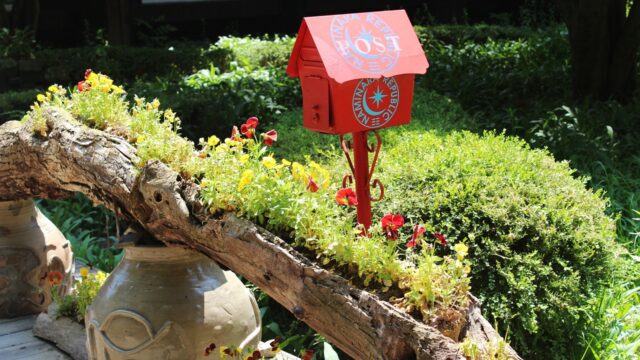In Japan, where there are still relatively few spaces that embrace diversity, Okubo Library in Tokyo stands out for its efforts to create a welcoming environment for foreigners. Recently, I came across a TV program and an article featuring this library. With various resources and some events tailored for foreigners, this library serves as a valuable resource for those new to Tokyo or those looking to connect with other foreigners.
Okubo Library is located in Shinjuku Ward, home to people from over 130 different nationalities. In Shinjuku Ward, foreigners make up more than 10% of the population, and in the Okubo and Hyakunincho areas, the percentage of foreign residents exceeds 30%.
Opening Hours:
- Monday, Wednesday to Saturday: 9:00 AM – 9:45 PM
- Sunday & Public Holidays: 9:00 AM – 6:00 PM
Closed Days:
- Tuesday (following day if it’s a public holiday)
- 2nd Thursday of every month (Library maintenance day)
- 3rd Sunday of May, August, November, and February
- December 29 to January 4 (New Year’s holiday)
The library offers quiet study spaces and actively collects books in Korean, Chinese, and English, tailored to the local community. Additionally, books are available in 37 languages, including Thai, Uzbek, Tamil, Tagalog, Urdu, and Nepali. While the collection may not be extensive, there is at least one book available in each of these languages, providing a sense of connection and familiarity for speakers of these languages.
Furthermore, events are also held for foreigners. On the fourth Saturday of every month, there is a bilingual storytime in Korean and Japanese. There is also a meeting to learn “easy Japanese” that is accessible to foreigners, and a regular “Bibliobattle” event where foreigners and Japanese people recommend books to each other. For those who find it difficult to recommend books, there is a spin-off event called “Monotalk,” where participants introduce their cherished items instead.
Although I have not had the opportunity to visit Okubo Library in person, I was able to get a glimpse of its cozy atmosphere and abundant resources through the TV program and article. Having lived in Indonesia and Canada for several years, I could not find Japanese books in the local libraries during my stay. I can easily imagine how nostalgic and happy it would be to find even one book from my home country in a foreign land. Moreover, it is wonderful that there is a place where foreigners can naturally join as a place for community interaction. By sharing this information, I hope to help other foreigners discover this hidden gem and benefit from its offerings.



